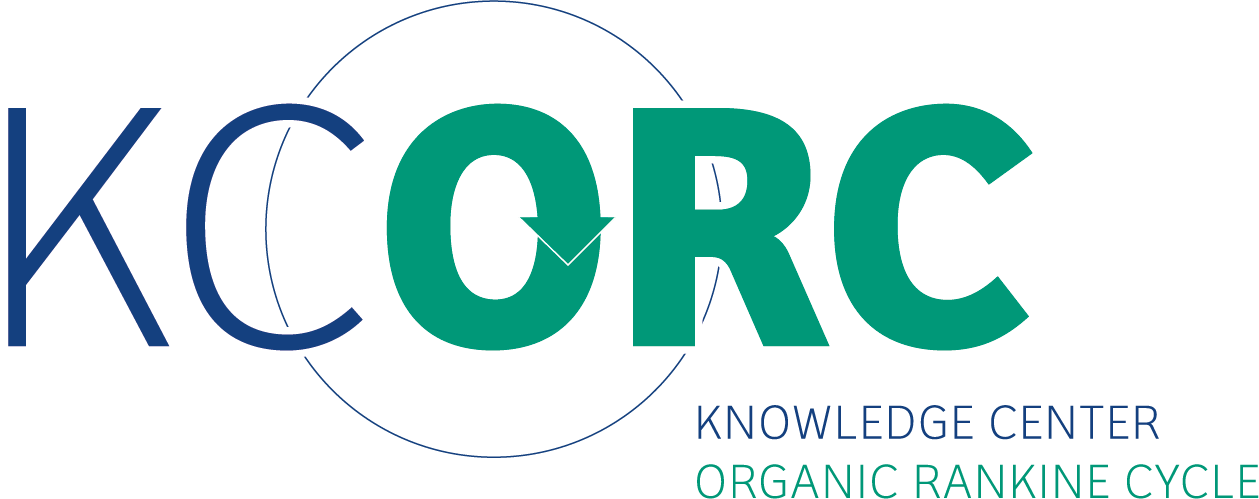Airborne Energy Harvesting for Aircraft

Project website:Research on Novel Propulsion and Power Concepts For Next-Gen Green Aircraft of the Propulsion and Power group of TU Delft
Time period: October 2020 to September 2024
Funder: NWO-TTW (Grant agreement ID: 17906)
Total budget: 1,308,360 EUR
Short description:
Commercial aviation is growing at an unprecedented rate with severe consequences in terms of climate change and in terms of local and global pollution at high altitudes. For this reason, the aviation emission targets set recently by the Advisory Council for Aviation Research and innovation in Europe are extremely stringent and can only be met by adopting new disruptive technologies.
This project addresses such a disruptive technology, namely a way of converting a part of the thermal power discharged by gas turbines into mechanical or electrical power; this can theoretically be achieved with an organic Rankine cycle (ORC) power system allowing for a theoretical thermal efficiency gain of up to 20 %.
This calls for novel ultra-high speed turbomachinery operating with non-ideal compressible flows, ultra-low power-to-weight-ratio heat exchangers, and a minimum-drag integration of the air intakes and exhausts of the system.
The project is aimed at tackling a comprehensive feasibility study bringing the TRL of the concept from 1 to 4. Two different configurations are considered: 1) a combined-cycle power unit (CC-PU) which would provide all the aircraft electric power during a mission; 2) a more futuristic combined-cycle engine (CC-Engine) in which the waste heat recovery system adds propulsive power to the gas turbine.
The work, which is carried out in close collaboration with the project partners, is subdivided in three work packages:
- System modeling and performance;
- heat exchangers;
- ORC turbine.
Radically new design and optimization methods are employed for both system and component level studies. The high-speed mini-ORC turbine and the concept of an ORC-cooler exploiting the Meredith effect for drag abatement will be tested experimentally. The research results will allow to assess the typical merit parameters such as the engine specific fuel consumption for a typical medium-range commercial aircraft. Subsequently, a full-fledged R&D program aimed at commercialization of this technology is envisaged.
Partners:
- Delft University of Technology – Propulsion and Power (coordinator) – NL
- Safran – FR
- MTU – DE
- Aeronamic – NL
- NLR (Netherlands Aerospace Center) – NL
- 3M – DE/NL
- Airbus – DE
- Airbus Helicopters – FR
- AKG – DE
- Asimptote – NL

